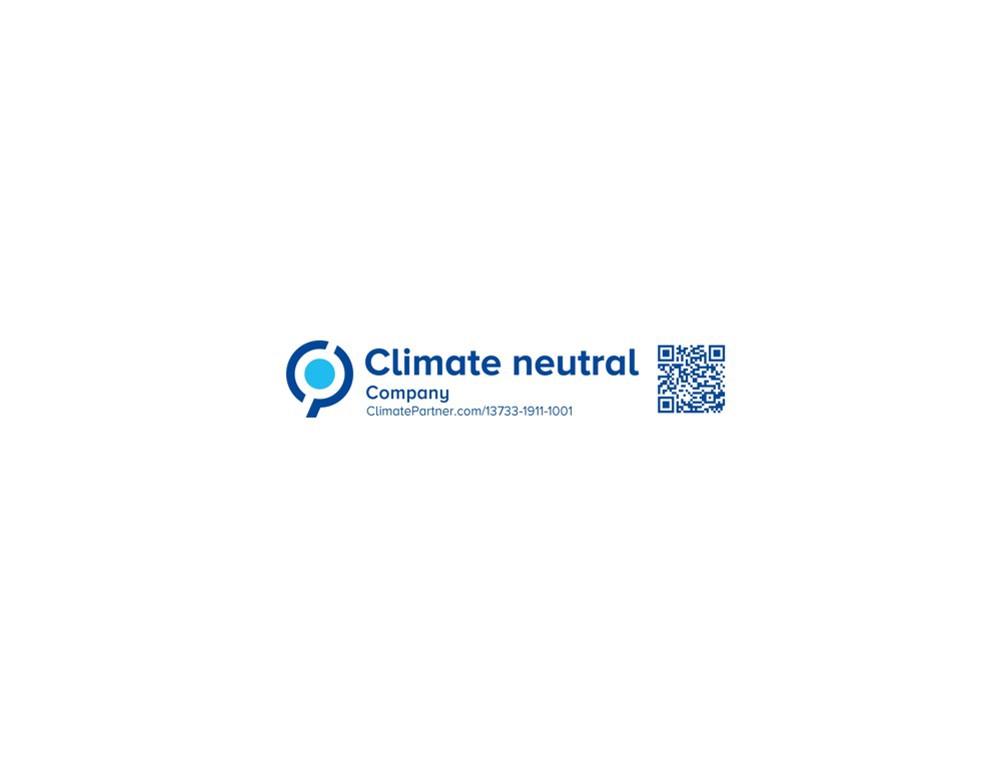Schlegel and Partner further reduced its carbon footprint
06.02.2022
In 2018, Schlegel und Partner – Your Market Insighters – set itself the goal to take responsibility for its own carbon footprint. Since then, we considerably reduced our CO2-emissions: from 227 tons in 2018 to 116 tons in 2020 (-49%). By compensating currently non-avoidable emissions, we achieved certified climate neutrality (www.climatepartner.com/13733-1911-1001).We remain on track towards the reduction of our carbon footprint. While we already achieved a reduction of our CO2-emissions by -16% from 2018 to 2019, we could lower our footprint even more in the year 2020 compared to 2019 (-39%). This reduction was both an effect of the considerably lower number of business trips especially by plane during the COVID-19 pandemic (scope 3), and the various active measures taken by our company.For instance, the move towards the sourcing of green electricity in 2020 resulted in the reduction of our scope 2 emissions from 11% in 2019 to almost 0% in 2020. In addition, the installation of an e-car charging station provides an incentive for our employees to use electric vehicles instead of ICE propelled cars for travels to the work place, which affects our scope 3 emissions.Of the remaining 116 tons of CO2-emissions, 56% were attributed to scope 1 (office heating: 63 tons, fuel for car pool vehicles: 3 tons), and 44% to scope 3 (journey to work: 38 tons, mobile workplace: 10 tons, business flights: 1 ton, others: 1 ton).To achieve climate neutrality, Schlegel und Partner continued its partnership with ClimatePartner and supported two renewable energy projects located in Rwanda and the DR Congo. Both projects directly result in a reduction of CO2-emissions and at the same time improve living conditions of inhabitants in rural areas and have an environmental impact: The project related to a hydropower plant in DR Congo contributes to the conservation of a biotope of mountain gorillas by reducing the usage of wood as charcoal, while the project situated in the Nyungwe Forest National Park in the Southwest of Rwanda helps to protect an unique ecosystem by providing local families with alternative cooking stoves which drastically reduce the required energy input for cooking. Both projects are certified by Gold Standard (GS) and Verified Carbon Standard (VCS) respectively, featuring rigorous environmental and social safeguards.For the future, we aim to continue our path towards the minimization of our carbon footprint. We are sure that the installation of the charging station will provide further incentive to switch towards e-cars for the travel to the work place. In addition, we continue our policy to use trains as the preferred mean of transportation for business trips and regularly check options to reduce energy usage for heating.Dr. Thorsten Böhn